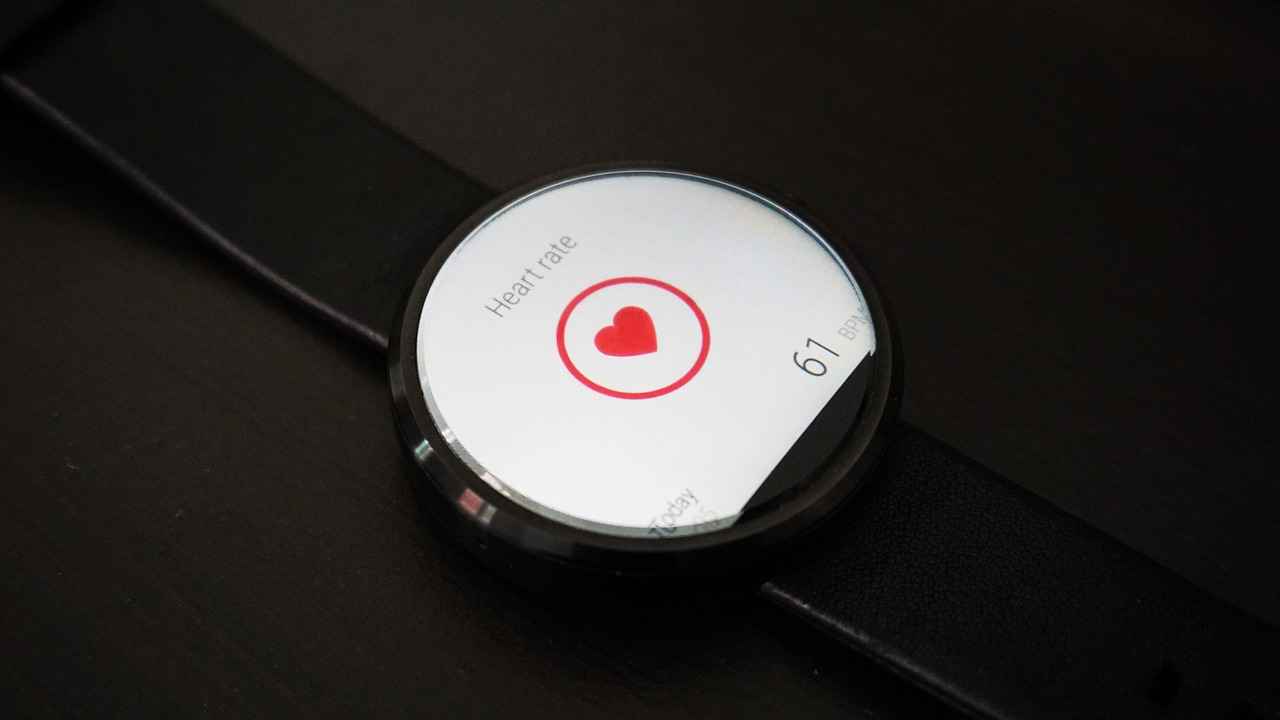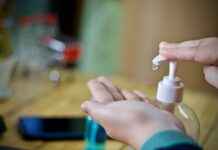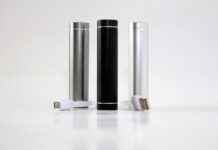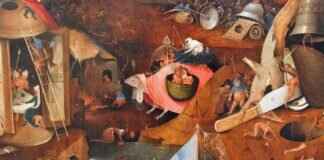This article delves into the common issues that can hinder the syncing process of smartwatches, providing you with practical troubleshooting tips and insights to effectively resolve connectivity problems.
Understanding Smartwatch Syncing Issues
Smartwatches depend on a stable connection to sync data with smartphones. Identifying the typical reasons behind syncing problems can help you quickly pinpoint the root cause of the issue.
Common Reasons for Syncing Failures
There are various factors that may prevent your smartwatch from syncing properly. Below are some of the most frequent causes:
- Bluetooth Connectivity Problems: Bluetooth is crucial for establishing a connection. If your smartwatch isn’t syncing, checking Bluetooth settings can often resolve the issue.
- Device Compatibility Issues: Ensure that your smartwatch is compatible with your smartphone to avoid syncing problems caused by incompatibility.
- Software Glitches: Outdated software can lead to syncing issues. Keeping both your smartwatch and smartphone updated is essential for optimal performance.
Checking Bluetooth Settings
Make sure that both your smartwatch and smartphone have Bluetooth enabled. Sometimes, toggling Bluetooth off and on can refresh the connection and help resolve syncing problems.
Resetting Your Smartwatch
If syncing issues continue, you may need to perform a factory reset. Below are steps to safely reset your smartwatch:
- How to Perform a Factory Reset: Follow the manufacturer’s instructions for your specific smartwatch model to reset it effectively.
- Backing Up Your Data: Before resetting, ensure you back up your data to avoid losing important information.
Checking App Permissions and Settings
App permissions can significantly affect syncing capabilities. Review the app settings to ensure that the smartwatch app has the necessary permissions to function correctly.
- Adjusting App Permissions: Verify that the smartwatch app has permission to access features like location and notifications.
- Managing Notification Settings: Adjust notification settings to improve connectivity and data transfer between devices.
Battery and Power Issues
Low battery levels can hinder syncing capabilities. Here’s how battery health impacts your smartwatch’s performance:
- Checking Battery Levels: Always ensure your smartwatch has enough charge; low battery levels can lead to connectivity issues.
- Power Saving Modes: Disabling power-saving modes can enhance connectivity and ensure your smartwatch syncs effectively.
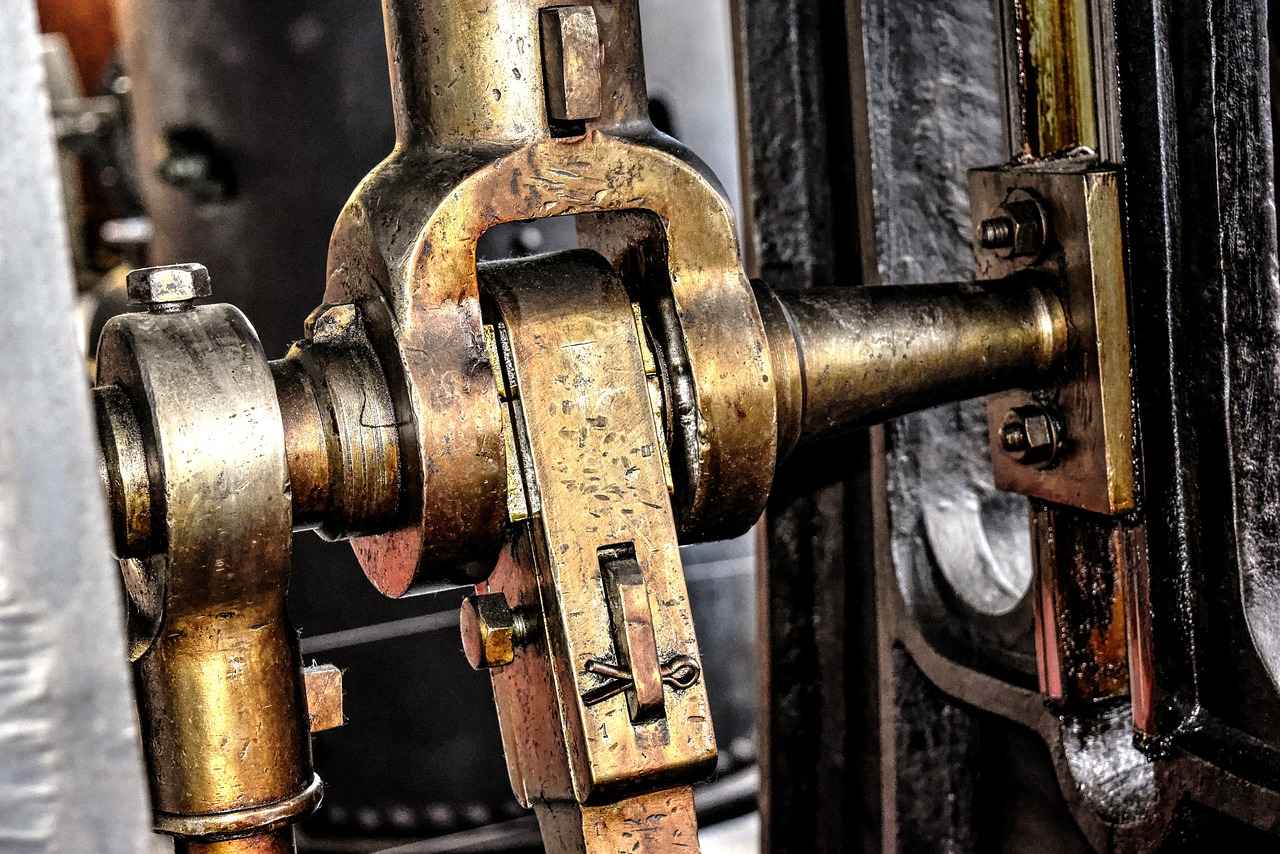
Understanding Smartwatch Syncing Issues
Smartwatches have become essential companions for many users, providing a seamless connection to smartphones and offering various functionalities. However, when syncing issues arise, it can be frustrating. Understanding the intricacies of smartwatch syncing is crucial to resolving these problems efficiently.
Smartwatches primarily depend on Bluetooth connectivity to communicate with smartphones, allowing them to sync data such as notifications, fitness metrics, and messages. When these devices fail to sync, it can stem from multiple factors. Identifying these issues early can save users time and enhance their overall experience.
One of the most common reasons for syncing failures is related to Bluetooth connectivity problems. If your smartwatch is not syncing, the first step is to check the Bluetooth settings on both devices. Ensure that Bluetooth is enabled and that the smartwatch is paired correctly with the smartphone. Sometimes, simply toggling Bluetooth off and back on can refresh the connection, resolving minor glitches.
Another significant factor is device compatibility. Not all smartwatches are designed to work with every smartphone model. It is essential to verify that your smartwatch is compatible with your smartphone to avoid syncing issues caused by incompatibility.
Additionally, software glitches can impede syncing. Keeping both your smartwatch and smartphone updated with the latest software versions ensures optimal performance. Regular updates often include bug fixes that can eliminate syncing problems.
In cases where syncing issues persist, users may need to consider performing a factory reset on their smartwatch. This action can resolve many underlying issues, but it is vital to back up any important data beforehand to prevent loss.
Lastly, checking app permissions is crucial. Ensure that the smartwatch app has the necessary permissions to access features like location and notifications, which are essential for effective syncing. Adjusting these settings can significantly improve connectivity.
By understanding these common syncing issues and their solutions, users can troubleshoot problems more effectively, ensuring their smartwatch remains a reliable tool in their daily lives.
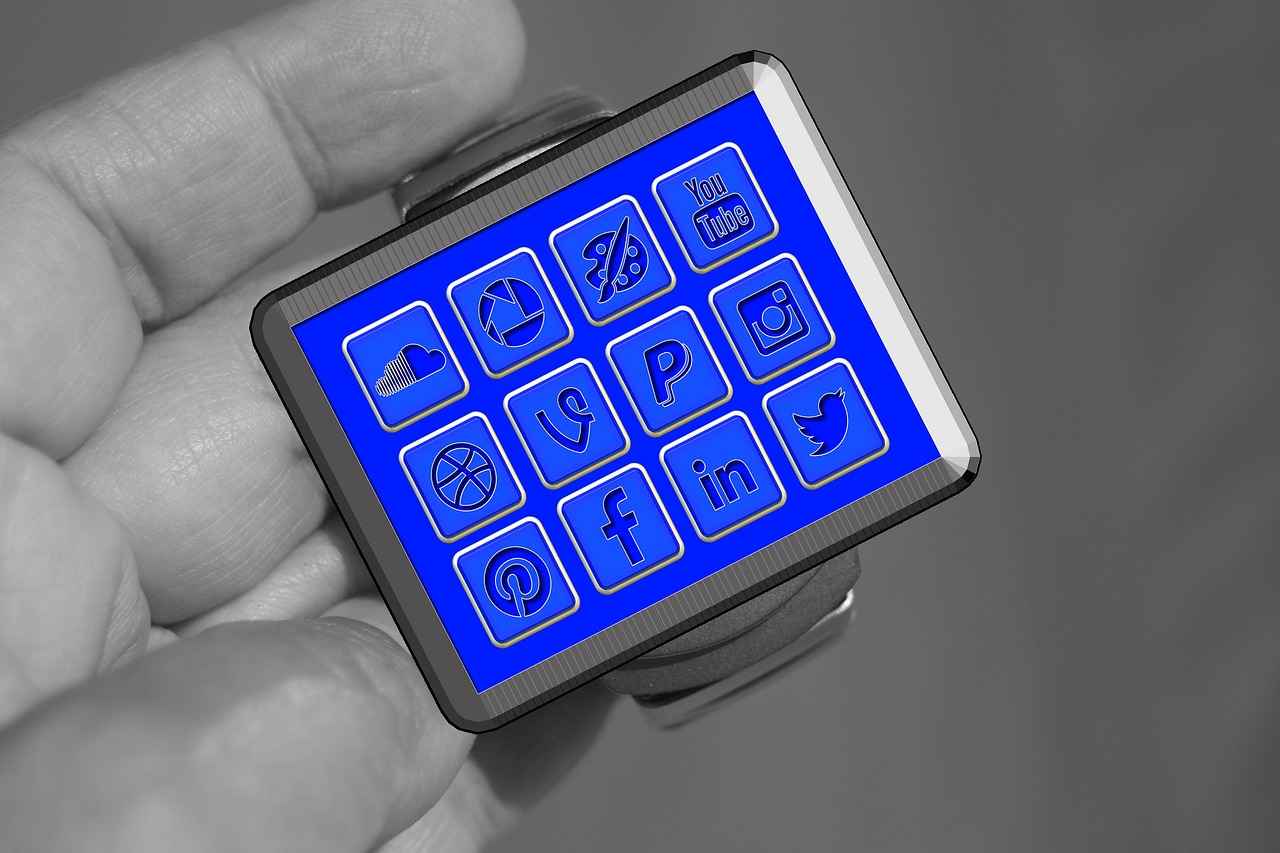
Common Reasons for Syncing Failures
When it comes to smartwatches, syncing issues can be a frustrating experience for users. Understanding the common reasons behind these failures is essential for troubleshooting effectively. Below are the most frequent causes of syncing problems that you might encounter.
There are several reasons why your smartwatch might not be syncing. This section delves into the most frequent causes, from Bluetooth issues to software glitches.
- Bluetooth Connectivity Problems: Bluetooth is the backbone of smartwatch connectivity. If your smartwatch isn’t syncing, the first step is to check your Bluetooth settings. Ensure that both your smartwatch and smartphone have Bluetooth enabled.
- Device Compatibility Issues: Not all smartwatches are compatible with every smartphone. It’s crucial to verify that your devices are compatible; otherwise, syncing issues can arise due to incompatibility.
- Software Glitches: An outdated operating system on either the smartwatch or smartphone can lead to syncing problems. Regularly updating both devices can help ensure optimal performance and compatibility.
- App Permissions: Sometimes, syncing issues can stem from insufficient app permissions. Make sure that the smartwatch app has the necessary permissions to access features like location services and notifications.
- Battery and Power Issues: Low battery levels can significantly hinder syncing capabilities. Always check to ensure that your smartwatch has enough charge, as low battery levels can lead to connectivity issues.
- Power-Saving Modes: Many smartwatches have power-saving modes that can restrict syncing features. Disabling these modes may enhance connectivity and ensure your smartwatch syncs effectively.
By understanding these common reasons for syncing failures, you can take proactive steps to troubleshoot and resolve any issues that may arise.
Bluetooth Connectivity Problems
Bluetooth connectivity is a crucial component for the seamless operation of smartwatches. Without a stable Bluetooth connection, your smartwatch will struggle to sync data with your smartphone, leading to frustration and potential loss of valuable information. If you find that your smartwatch isn’t syncing properly, the first step is to investigate the Bluetooth settings on both devices.
Here are some practical steps to troubleshoot Bluetooth connectivity problems:
- Check Bluetooth Status: Ensure that Bluetooth is enabled on both your smartwatch and smartphone. Sometimes, simply toggling Bluetooth off and back on can refresh the connection.
- Re-pairing Devices: If toggling doesn’t work, try unpairing your smartwatch from your smartphone and then re-pairing them. This can often clear any connection glitches.
- Distance Matters: Ensure that your smartwatch and smartphone are within a reasonable distance. Bluetooth typically works best within a range of about 30 feet (10 meters).
- Interference Check: Other electronic devices can interfere with Bluetooth signals. Move away from potential sources of interference, such as microwaves or Wi-Fi routers.
- Software Updates: Outdated software can lead to connectivity issues. Regularly check for updates on both your smartwatch and smartphone to ensure they are running the latest versions.
By following these troubleshooting tips, you can often resolve Bluetooth connectivity issues that prevent your smartwatch from syncing. Remember, a strong and stable Bluetooth connection is essential for optimal smartwatch functionality, allowing you to receive notifications, track fitness data, and enjoy all the features your device offers.
Checking Bluetooth Settings
When you encounter syncing issues between your smartwatch and smartphone, one of the first steps you should take is to check your Bluetooth settings. Bluetooth connectivity is the backbone of the communication between these devices, and ensuring it is functioning properly is essential for seamless data transfer.
To start, make sure that Bluetooth is enabled on both your smartwatch and smartphone. Sometimes, minor glitches can occur that prevent the devices from connecting. In such cases, toggling the Bluetooth setting off and then back on can often resolve these issues. This simple action can refresh the connection and help your devices recognize each other again.
- Step 1: On your smartphone, navigate to the settings menu and locate the Bluetooth option. Ensure that it is turned on.
- Step 2: Repeat the same process on your smartwatch. If it has a Bluetooth settings menu, make sure it is activated.
- Step 3: After confirming both devices have Bluetooth enabled, try to reconnect them. If they were previously paired, you might need to ‘forget’ the device on your smartphone before re-pairing.
In addition to toggling Bluetooth, it is also important to check for any interferences that could disrupt the connection. Other electronic devices, physical barriers, or even outdated software can contribute to connectivity problems. Make sure both devices are updated to their latest software versions to ensure optimal performance.
If you continue to experience issues, consider restarting both devices. This can clear temporary glitches that might be affecting Bluetooth functionality. By following these steps, you can significantly improve the chances of resolving syncing problems and enjoy the full functionality of your smartwatch.
Device Compatibility Issues
When it comes to smartwatches, device compatibility is a crucial factor that users often overlook. Not all smartwatches are designed to work seamlessly with every smartphone. This can lead to frustrating syncing issues that can hinder your experience and limit the functionality of your devices.
Understanding the compatibility between your smartwatch and smartphone is essential for a smooth user experience. Here are some key points to consider:
- Operating System Compatibility: Ensure that your smartwatch and smartphone run compatible operating systems. For instance, many smartwatches are optimized for either iOS or Android, and using a smartwatch with a mismatched operating system can lead to significant syncing problems.
- Brand-Specific Limitations: Some brands have proprietary technologies that restrict compatibility. For example, an Apple Watch will only sync with iPhones, while many Android smartwatches may not work with iOS devices. Always verify the manufacturer’s specifications.
- App Requirements: Many smartwatches rely on specific apps to facilitate syncing. Ensure that you have the correct app installed on your smartphone and that it is updated to the latest version. This can often resolve compatibility issues.
- Bluetooth Version: The Bluetooth version supported by both devices can also impact compatibility. Ensure that both your smartwatch and smartphone support the same Bluetooth version to avoid connectivity problems.
To prevent syncing issues caused by incompatibility, always check the specifications of your devices before making a purchase. This simple step can save you time and frustration in the long run.
In summary, ensuring compatibility between your smartwatch and smartphone is vital for optimal performance. By being aware of the factors that influence compatibility, you can enjoy a seamless experience and fully utilize the features of your smartwatch.
Software Glitches and Updates
When it comes to smartwatches, ensuring that both your smartwatch and smartphone are running the latest software versions is crucial for maintaining optimal performance. Outdated software can lead to a myriad of issues, including syncing problems that can disrupt the seamless experience users expect.
Smartwatches depend on a stable connection with smartphones to sync data such as notifications, health metrics, and messages. If either device is using outdated software, it may lead to compatibility issues, causing the devices to struggle to communicate effectively. Regular updates not only fix bugs but also enhance security and introduce new features, making it essential to keep your devices current.
Moreover, software glitches can arise from using older versions of the operating system. These glitches can manifest as intermittent syncing, where data is only partially updated or fails to sync altogether. By ensuring that both your smartwatch and smartphone are updated, you can minimize these disruptions and enjoy a more reliable connection.
- Check for Updates: Regularly check both the smartwatch and smartphone settings for available updates.
- Automatic Updates: Enable automatic updates if possible, to ensure you never miss critical patches.
- Compatibility Checks: Before updating, verify that your devices are compatible with the new software versions.
In summary, keeping your devices updated is not just a recommendation but a necessity for ensuring optimal performance and compatibility. By addressing software glitches proactively, you can enhance the overall functionality of your smartwatch and smartphone, leading to a smoother user experience.
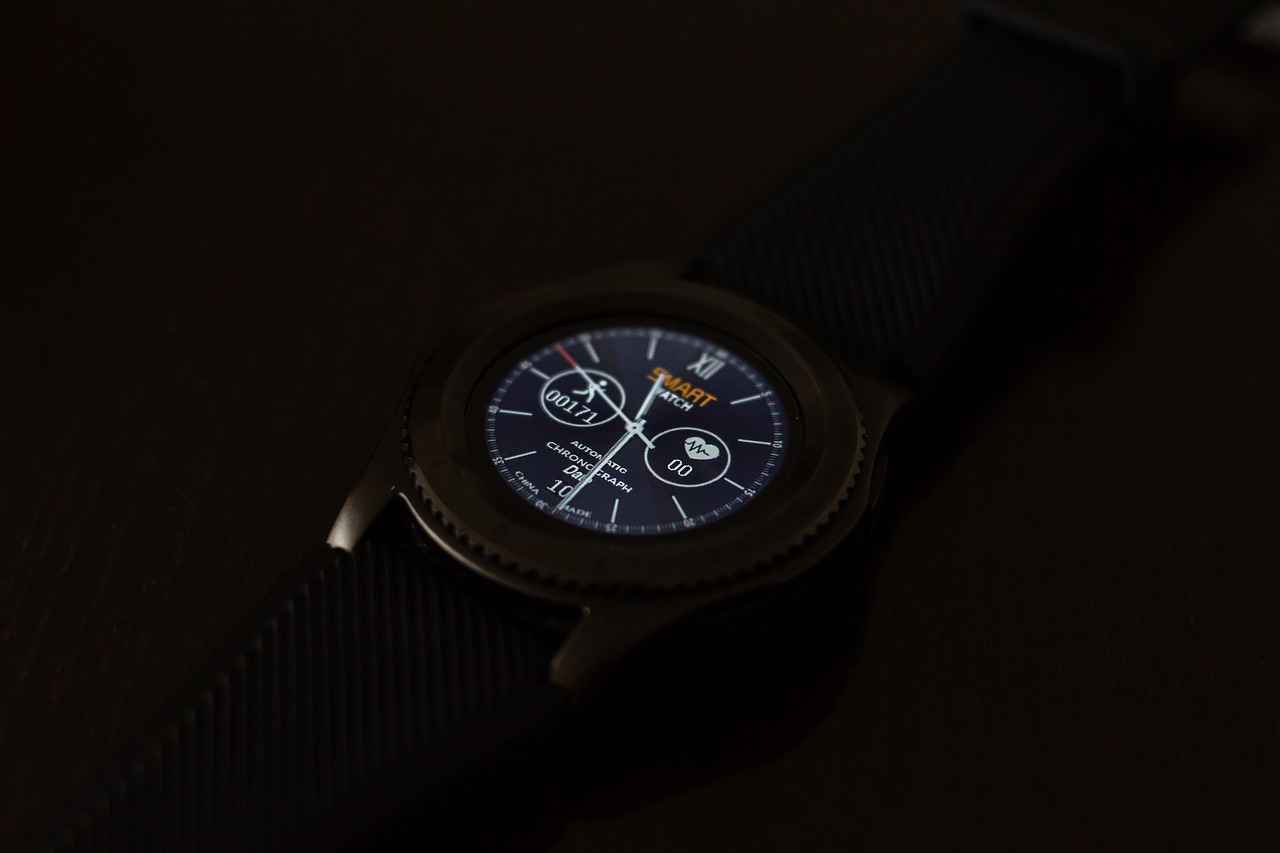
Resetting Your Smartwatch
When faced with persistent syncing issues on your smartwatch, resetting the device may be the most effective solution. This process can resolve various problems, including software glitches and connectivity failures. Below, we provide a comprehensive guide on how to safely perform a factory reset on your smartwatch.
Understanding the Need for a Factory Reset
A factory reset restores your smartwatch to its original settings, erasing all user data and settings. This can be particularly useful when troubleshooting ongoing syncing problems that other methods have failed to resolve. However, it’s essential to remember that a factory reset should be a last resort after attempting other troubleshooting steps.
Steps to Safely Reset Your Smartwatch
- Backup Your Data: Before proceeding, ensure that you have backed up all important data. This may include health metrics, notifications, and any personalized settings. Most smartwatch companion apps offer a backup feature.
- Access Settings: Navigate to your smartwatch’s settings menu. This is typically found by swiping down from the home screen or pressing the settings icon.
- Locate Reset Options: Look for an option labeled “Reset,” “Factory Reset,” or “Erase All Data.” This may be under a submenu such as “System” or “General.”
- Confirm the Reset: Follow the on-screen prompts to confirm that you wish to perform the reset. Be aware that this action is irreversible, and all data will be lost.
Post-Reset Steps
After the reset is complete, your smartwatch will restart and prompt you to set it up as if it were new. Follow the setup instructions to pair your device with your smartphone again. Ensure that you restore your data from the backup if possible.
By following these steps, you can effectively reset your smartwatch and potentially resolve any ongoing syncing issues. If problems persist, consider reaching out to customer support for further assistance.
How to Perform a Factory Reset
When troubleshooting issues with your smartwatch, one of the most effective solutions can be performing a factory reset. This process can clear out any software glitches, restore factory settings, and often resolve persistent connectivity problems. Below, we provide a detailed guide on how to reset various smartwatch models safely and effectively.
While the specific steps may vary depending on the model, the general process for performing a factory reset on most smartwatches is quite similar. Here’s a step-by-step guide:
- Access Settings: Start by navigating to the settings menu on your smartwatch. This is typically represented by a gear icon.
- Find System Options: Scroll down to find options labeled as System or General Management.
- Choose Reset: Look for the Reset option. This may also be listed as Factory Data Reset.
- Confirm Action: You will likely be prompted to confirm your decision. Be aware that this action will erase all data on your device.
- Restart Your Device: Once the reset is complete, your smartwatch will restart automatically. You will then need to set it up as new.
Some smartwatch brands have unique steps for performing a factory reset. Here are a few examples:
- Apple Watch: Open the Settings app, tap General, then Reset, and choose Erase All Content and Settings.
- Samsung Galaxy Watch: Go to Settings, select General, then Reset, and confirm.
- Fitbit: Depending on the model, hold down the button for several seconds until you see the logo, then follow on-screen instructions.
Before performing a factory reset, ensure that you back up any important data. This can usually be done through the companion app on your smartphone. Additionally, remember that a factory reset will remove all personal settings and data, so it’s essential to weigh the benefits against the potential inconvenience of setting up your device again.
By following these guidelines, you can effectively perform a factory reset on your smartwatch and potentially resolve any ongoing issues.
Backing Up Your Data
When it comes to ensuring the safety of your important information, is an essential step before performing any significant actions on your smartwatch, such as a factory reset. This precaution helps you avoid the potential loss of valuable data that could occur during the reset process.
Smartwatches store a variety of personal information, including fitness data, notifications, and app settings. If you proceed with a reset without a proper backup, you risk losing this information irretrievably. Therefore, taking the time to back up your data can save you from future headaches.
- Identify What Needs to be Backed Up: Determine which data is critical for you. This could include health metrics, app data, and personalized settings.
- Use Companion Apps: Most smartwatches come with a companion app on your smartphone that allows you to back up data easily. Ensure that the app is updated to the latest version for optimal functionality.
- Cloud Storage: Utilize cloud services that may be available through your smartwatch or smartphone. This provides an extra layer of security, as your data will be stored off-device.
- Manual Backup: For certain files, consider manually exporting data to your computer or another storage device. This is particularly useful for specific applications that might not sync automatically.
Once you have successfully backed up your data, you can proceed with the factory reset with peace of mind. Remember, the goal is to ensure that all your important information is safe and can be restored after the reset is complete. This proactive approach not only protects your data but also enhances your overall user experience with your smartwatch.
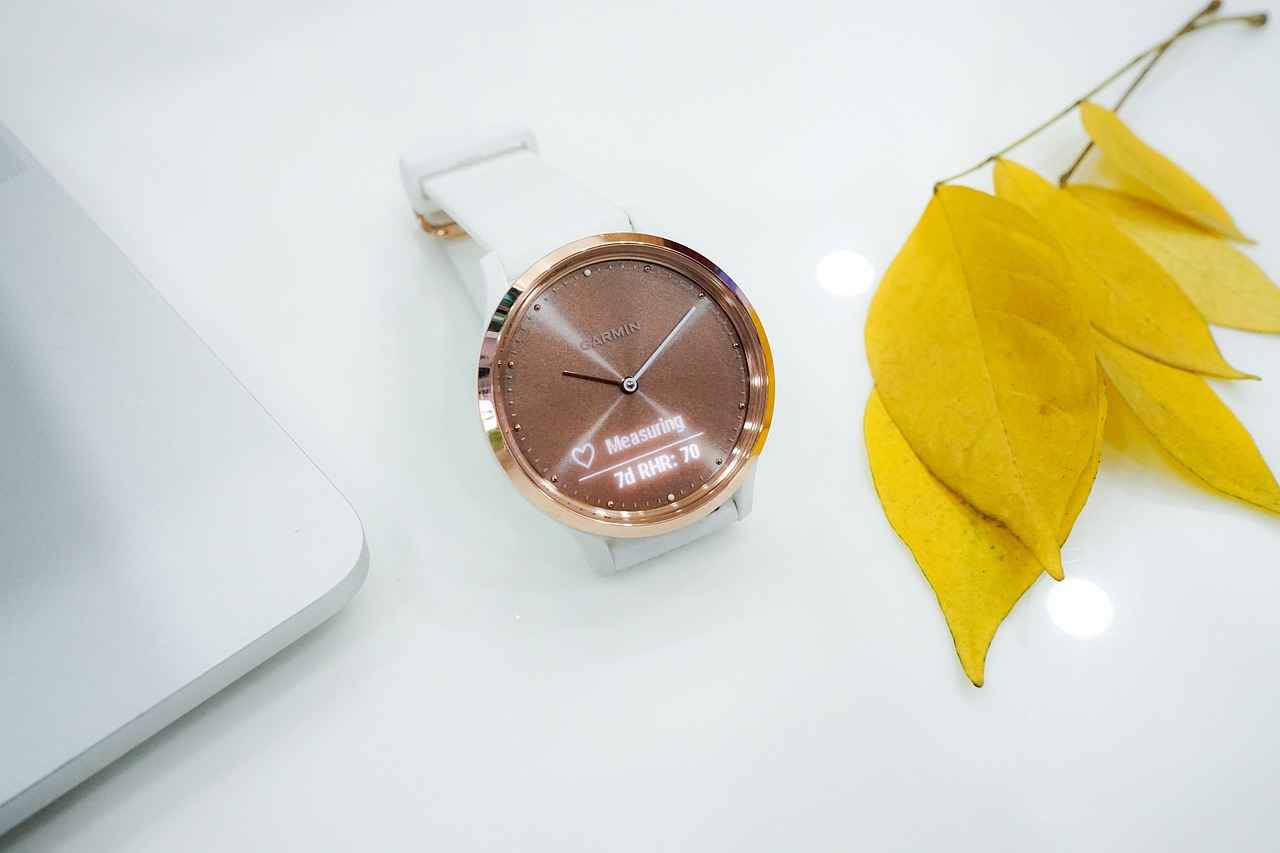
Checking App Permissions and Settings
When it comes to ensuring your smartwatch operates smoothly, app permissions play a crucial role in syncing capabilities. Without the right permissions, your smartwatch app may struggle to communicate effectively with your smartphone, leading to frustrating connectivity issues.
It’s essential to review app settings to confirm that your smartwatch application has all the necessary permissions enabled. Below are some key areas to examine:
- Location Access: Many smartwatch features rely on location services. Check that the app has permission to access your device’s location, as this can significantly impact functionality.
- Notification Permissions: Proper notification settings are vital for receiving alerts and updates from your smartwatch. Ensure that notifications are enabled for the app to facilitate seamless communication.
- Background Data Usage: Some apps require background data to sync information continuously. Make sure that your smartphone’s settings allow the smartwatch app to use data in the background.
In addition to permissions, it’s wise to look at the overall settings of the app. Sometimes, in-app configurations can affect how well the smartwatch syncs with your smartphone. Check for any options related to sync frequency or data sharing that might need adjustments.
Moreover, if you recently updated either your smartphone or smartwatch, it’s possible that new permission requests have emerged. Always stay vigilant after updates to ensure that all necessary permissions are granted.
By taking the time to properly configure app permissions and settings, you can significantly enhance your smartwatch’s syncing capabilities, leading to a better overall user experience.
Adjusting App Permissions
When it comes to ensuring your smartwatch functions seamlessly, app permissions play a critical role. Many users often overlook the importance of granting the necessary permissions for the smartwatch app. Without the right access, syncing can become problematic, leading to frustrating experiences.
To begin with, it is essential to verify that the smartwatch app has permission to access vital features such as location services and notifications. These features are integral for the app to perform optimally. For instance, location access allows the app to track fitness metrics accurately, while notification permissions enable alerts and updates to be sent directly to your smartwatch.
- Location Services: Ensure that the app can access your location. This is especially important for fitness tracking and navigation features.
- Notifications: Granting notification access allows your smartwatch to receive alerts from apps on your smartphone, ensuring you never miss important messages or calls.
- Background Data: Enable background data usage for the smartwatch app to ensure it can sync updates even when not actively in use.
To check and adjust these permissions, follow these steps:
- Open the Settings app on your smartphone.
- Navigate to Apps or Application Manager.
- Find and select your smartwatch app from the list.
- Tap on Permissions and ensure all necessary permissions are enabled.
By ensuring that your smartwatch app has the correct permissions, you can significantly improve the syncing process. This simple step can resolve many connectivity issues and enhance the overall functionality of your smartwatch.
Managing Notification Settings
Managing notification settings on your smartwatch is a crucial aspect of ensuring seamless connectivity and data transfer between your devices. Notification settings can significantly influence how well your smartwatch syncs with your smartphone. When these settings are not configured properly, it may lead to interruptions in data flow, causing frustration for users who rely on real-time updates.
To enhance your smartwatch’s performance, consider the following:
- Adjust Notification Preferences: Ensure that your smartwatch is set to receive notifications from the most important apps. Disabling notifications from less critical apps can help reduce clutter and improve the overall syncing experience.
- Enable Background App Refresh: Allowing your smartwatch app to refresh in the background can enhance data transfer and connectivity. This ensures that your device is always up-to-date with the latest information.
- Check Do Not Disturb Settings: If your smartwatch is in Do Not Disturb mode, it may prevent notifications from syncing. Make sure to adjust this setting according to your needs to allow for uninterrupted connectivity.
- Review App Permissions: Confirm that the smartwatch app has the necessary permissions to access notifications. Without proper permissions, syncing may be limited or completely blocked.
In addition to adjusting settings, keep in mind that the performance of your smartwatch can also be affected by software updates. Regularly updating both your smartwatch and smartphone ensures that they can communicate effectively and reduces the likelihood of syncing issues.
By taking the time to manage your notification settings and ensuring that all permissions are correctly configured, you can significantly improve the connectivity and data transfer between your smartwatch and smartphone, leading to a more efficient and enjoyable user experience.
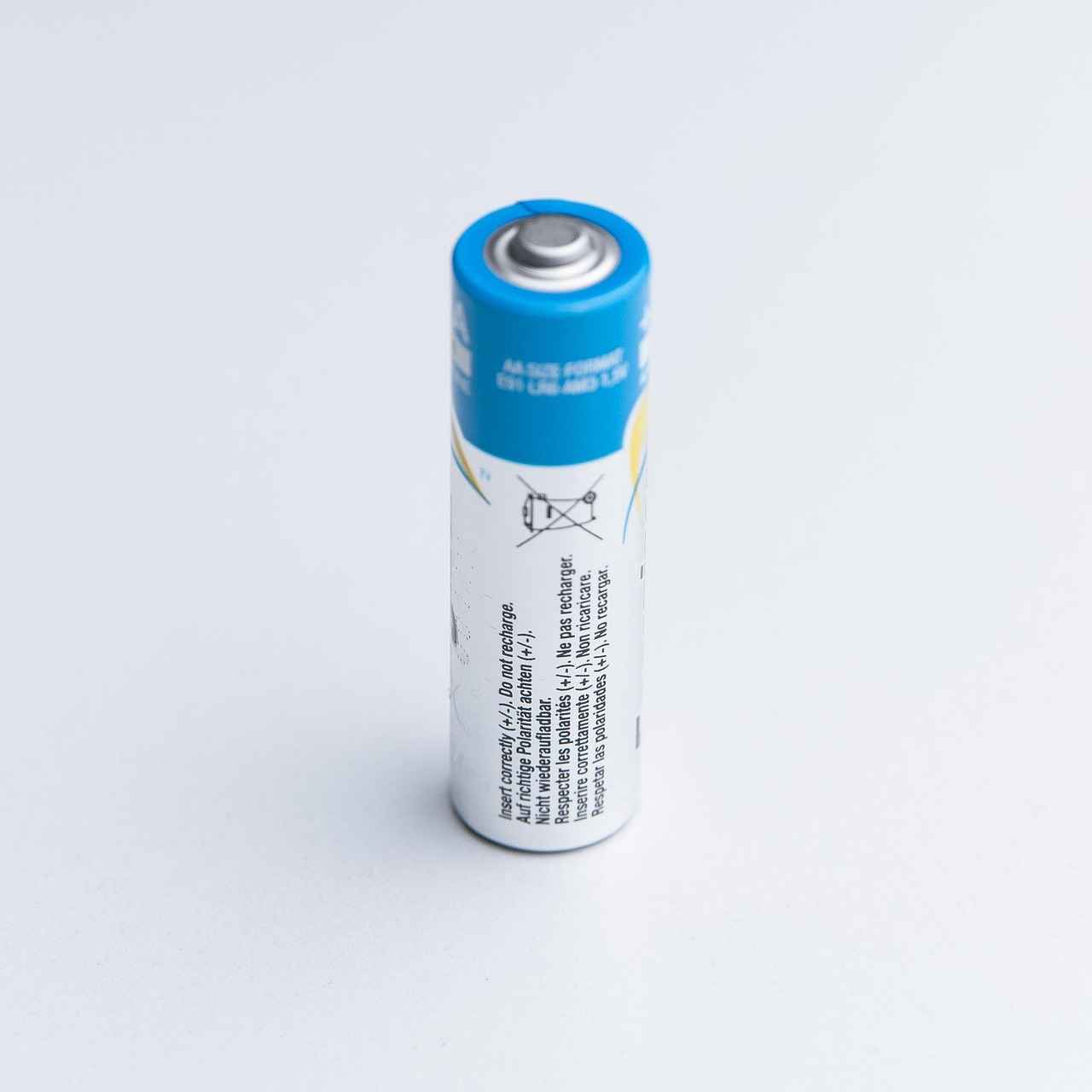
Battery and Power Issues
When it comes to the performance of your smartwatch, battery health plays a crucial role. A smartwatch that is low on battery can experience significant challenges in maintaining effective syncing capabilities. This section delves into how battery levels and overall power management impact your device’s functionality and connectivity.
Smartwatches are designed to perform a variety of tasks, from tracking fitness metrics to receiving notifications. However, when the battery level dips below a certain threshold, the smartwatch may prioritize power conservation over functionality. This can lead to interrupted syncing with your smartphone, resulting in delayed notifications and incomplete data updates.
- Battery Optimization Settings: Many smartwatches come with built-in battery optimization features that can limit background activity. These settings may inadvertently restrict the syncing process, making it essential to adjust them for optimal performance.
- Power Saving Modes: If your smartwatch is in a power-saving mode, it may disable certain features necessary for syncing. Disabling this mode can often restore full functionality.
To ensure your smartwatch operates at peak performance, it’s important to regularly check battery health. This includes:
- Charging Habits: Avoid letting your battery drain completely before recharging. Frequent partial charges can help maintain battery health.
- Software Updates: Keeping your smartwatch software updated can enhance battery efficiency and improve overall performance.
If you notice that your smartwatch is frequently disconnecting or failing to sync data, it may be time to evaluate its battery status. Look for signs such as:
- Rapid battery drain
- Inconsistent performance during syncing
- Frequent notifications about low battery levels
By understanding the relationship between battery health and syncing capabilities, you can take proactive measures to enhance your smartwatch experience.
Checking Battery Levels
When it comes to ensuring your smartwatch functions optimally, one of the most critical factors to consider is the battery charge. A smartwatch relies heavily on its battery to maintain connectivity with your smartphone, and a low battery can lead to significant issues, including syncing failures and connectivity disruptions.
To avoid these frustrating problems, it is essential to regularly check your smartwatch’s battery levels. Here are some key points to keep in mind:
- Regular Monitoring: Make it a habit to check your smartwatch’s battery status frequently. Many smartwatches have a feature that allows you to view the battery percentage at a glance.
- Charging Schedule: Establish a consistent charging routine. Charging your smartwatch overnight or during periods of inactivity ensures that it remains powered throughout the day.
- Battery Health: Be aware of the overall health of your smartwatch battery. Over time, batteries can degrade, leading to shorter usage times. If you notice a significant decrease in battery life, it may be time to replace the battery or consult the manufacturer.
Additionally, consider the impact of power-saving modes on your smartwatch. While these modes are designed to extend battery life, they can also restrict essential functions, including syncing capabilities. If your smartwatch is in power-saving mode, you might experience delays or failures in data synchronization.
In summary, maintaining a well-charged battery is vital for the seamless operation of your smartwatch. By proactively managing your device’s battery levels and understanding how they affect syncing, you can enhance your overall experience and ensure that your smartwatch remains a reliable companion.
Power Saving Modes
In today’s fast-paced digital world, smartwatches have become essential gadgets for tracking fitness, receiving notifications, and staying connected. However, many users encounter syncing issues that can hinder their experience. One significant factor in this connectivity challenge is the power-saving modes that many smartwatches feature.
Power-saving modes are designed to extend battery life by limiting certain functionalities. While this can be beneficial for maintaining charge during long periods away from a charger, it often comes at a cost. When enabled, these modes can restrict syncing features, which may prevent your smartwatch from effectively communicating with your smartphone or other devices.
When your smartwatch is in power-saving mode, it may stop syncing notifications, health data, and other critical information, leading to frustration. To improve connectivity and ensure that your smartwatch syncs effectively, you can consider disabling these power-saving modes. This adjustment allows your device to maintain a stable connection with your smartphone, facilitating seamless data transfer.
To disable power-saving modes, navigate to your smartwatch’s settings menu, usually found under Battery or Power Management. Here, you can toggle off the power-saving features and restore the full functionality of your device. It’s important to monitor your battery levels after making this change, as disabling power-saving modes can lead to quicker battery depletion.
In summary, while power-saving modes serve a valuable purpose in prolonging battery life, they can significantly impact the syncing capabilities of your smartwatch. By disabling these modes, you can enhance connectivity and ensure that your smartwatch remains an effective tool for managing your daily activities.
Frequently Asked Questions
- Why isn’t my smartwatch syncing with my phone?
Your smartwatch might not be syncing due to various reasons like Bluetooth connectivity issues, device compatibility, or outdated software. Double-check if Bluetooth is enabled on both devices and ensure they are compatible.
- How can I fix Bluetooth connectivity problems?
Start by toggling Bluetooth off and on on both your smartwatch and smartphone. If the issue persists, try unpairing and then re-pairing the devices. This often refreshes the connection.
- What should I do if my smartwatch needs a factory reset?
If you’re facing persistent syncing issues, a factory reset may help. Just remember to back up your data first to avoid losing important information. Check your smartwatch’s manual for specific reset instructions.
- How do app permissions affect syncing?
App permissions are crucial for syncing. Ensure the smartwatch app has access to necessary features like location and notifications. Without these permissions, syncing may be hindered.
- Can low battery levels affect my smartwatch’s syncing?
Absolutely! Low battery levels can lead to connectivity issues. Always keep your smartwatch charged, and be aware that power-saving modes might restrict syncing features.

